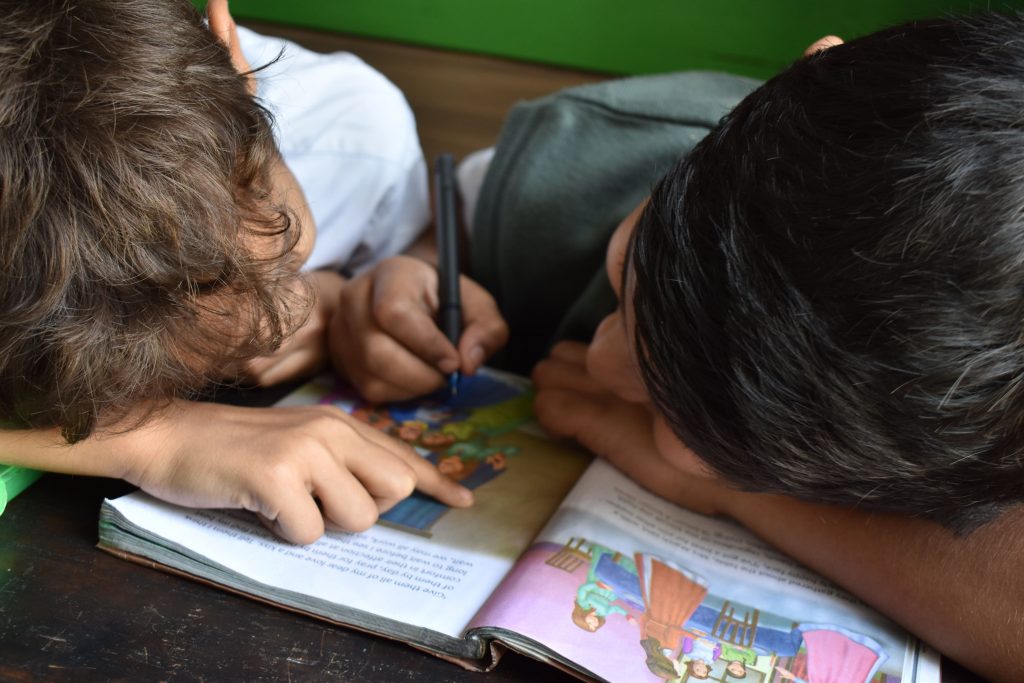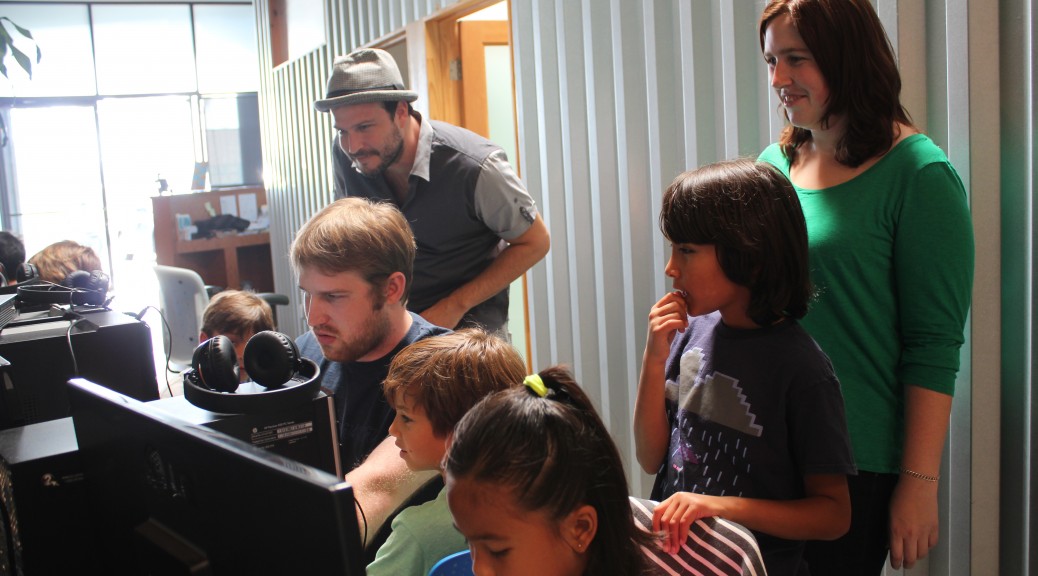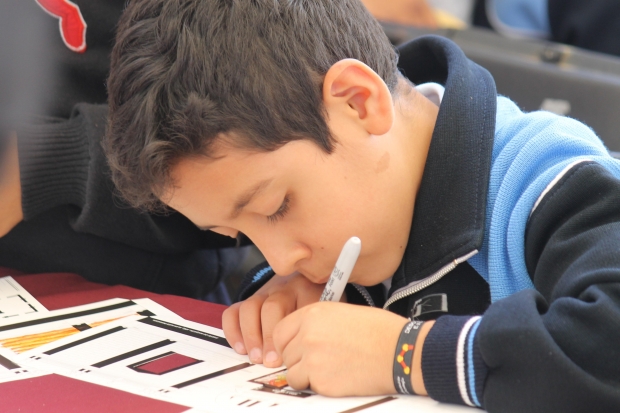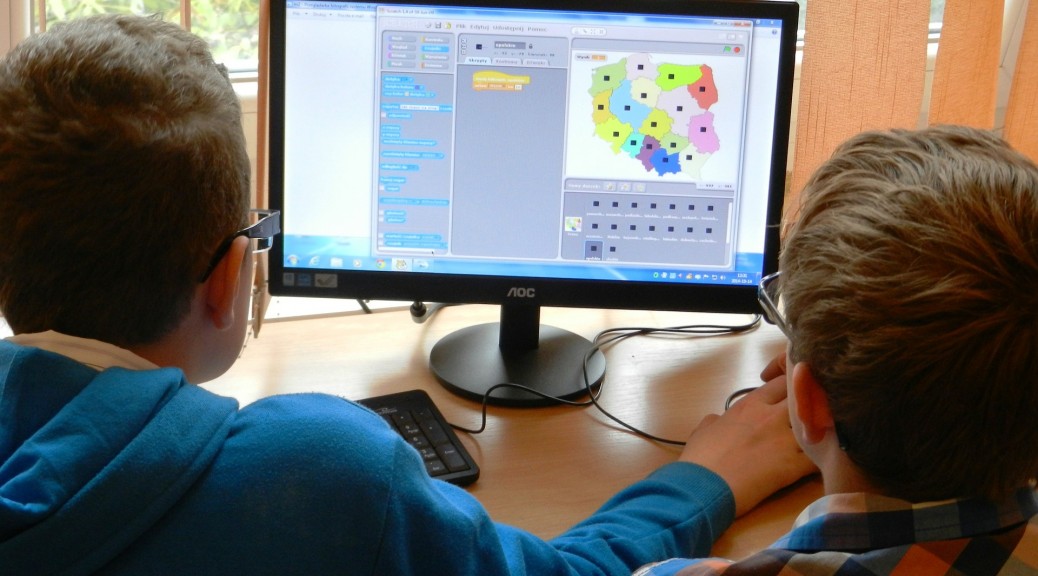Investing in education is one of the most powerful things we can do for our child’s well-being from all points of view. When you invest in education you are helping your child develop their full potential and ensure a better future. Whether it’s taking art classes or signing up for an after-school online class, every cent you spend on new educational experiences for your child will be worth it.
Over the years, we have learned how education can have a lasting effect in children’s lives. Investing in education can put kids on a path towards wellbeing, employment and success. Actually, education is not only useful for our own children and us as parents, it’s also useful at a macro level.
“Evidence shows that, on average, each additional year of education boosts a person’s income by 10 per cent and increases a country’s GDP by 18 per cent. Some researchers estimate that if every child learned to read, around 170 million fewer people would live in poverty.” (Yoka Brandt, Unicef)
Invest in education for the Future
As parents we will always want the best for our children. Education is a life-long process that can include simple habits that can improve our child’s life from a young age. Certainly, this isn’t just in the academic area, but in almost every aspect of their life. Most importantly, a solid education can help children adapting to situations they will face in the future in a effective way.
Let’s check out three reasons why invest in education is the best gift you could ever give to your child!
1. Education Enriches Their Vision of Life
Education is an excellent method to try different things with your child’s hobbies, interests, inclinations, abilities, and desires. By giving your child the opportunity to face new circumstances and activities, their mind goes into power mode. Whether it’s getting familiar with sports, art, technology or science, they can start enriching their vision of life.
2. Education Boosts Creativity and Innovation
Learning and exploring different topics that catch your child’s attention enriches their knowledge. Also education can give them innovative ways to connect the information they have to create new solutions. Education can really extend their vision into the world, adding new data and broadening their viewpoint in any event.
Therefore, investing into education is to stretch the boundaries of their reality and their capacity to innovate further away. By stretching those boundaries, they develop their abilities to think creative thoughts that can make them stand out from the rest.
3. It Will Last Forever
Something amazing about learning is that literally nobody can take it away. Consequently, education it’s an everlasting gift that you can give your child to build their future. Material things can easily disappear, yet nobody could take away something that you’ve learned and experienced.
The time and money you invest in education for your child to develop skills, abilities, hobbies and knowledge will never be wasted. Knowledge will stick with them one way or another forever. In short, investing in your child’s education isn’t just filling them with knowledge. Investing in your child’s future is giving them tools to successfully face any situation that comes their way.







